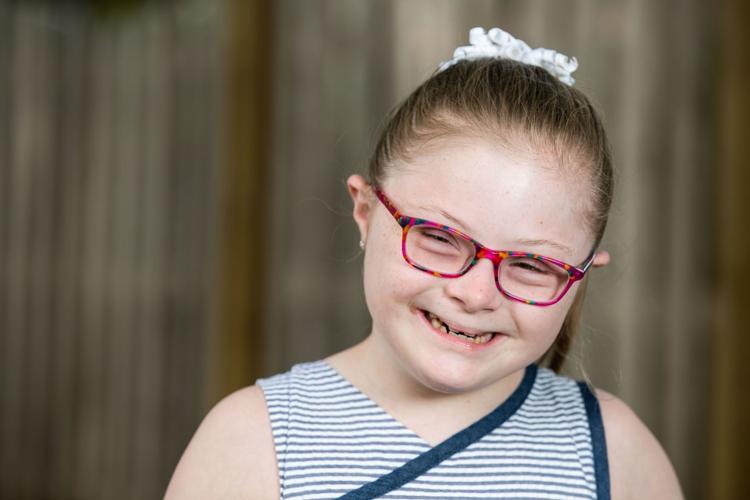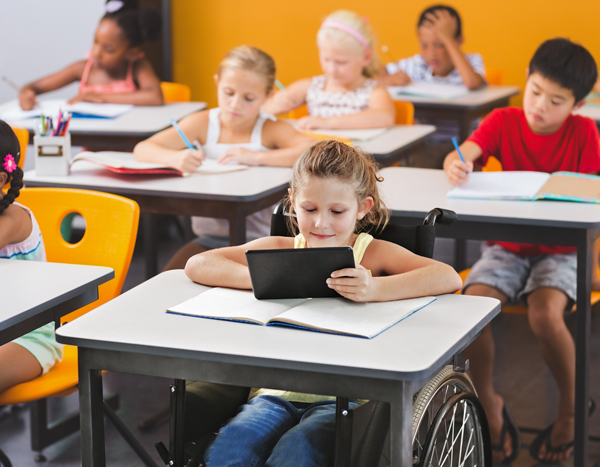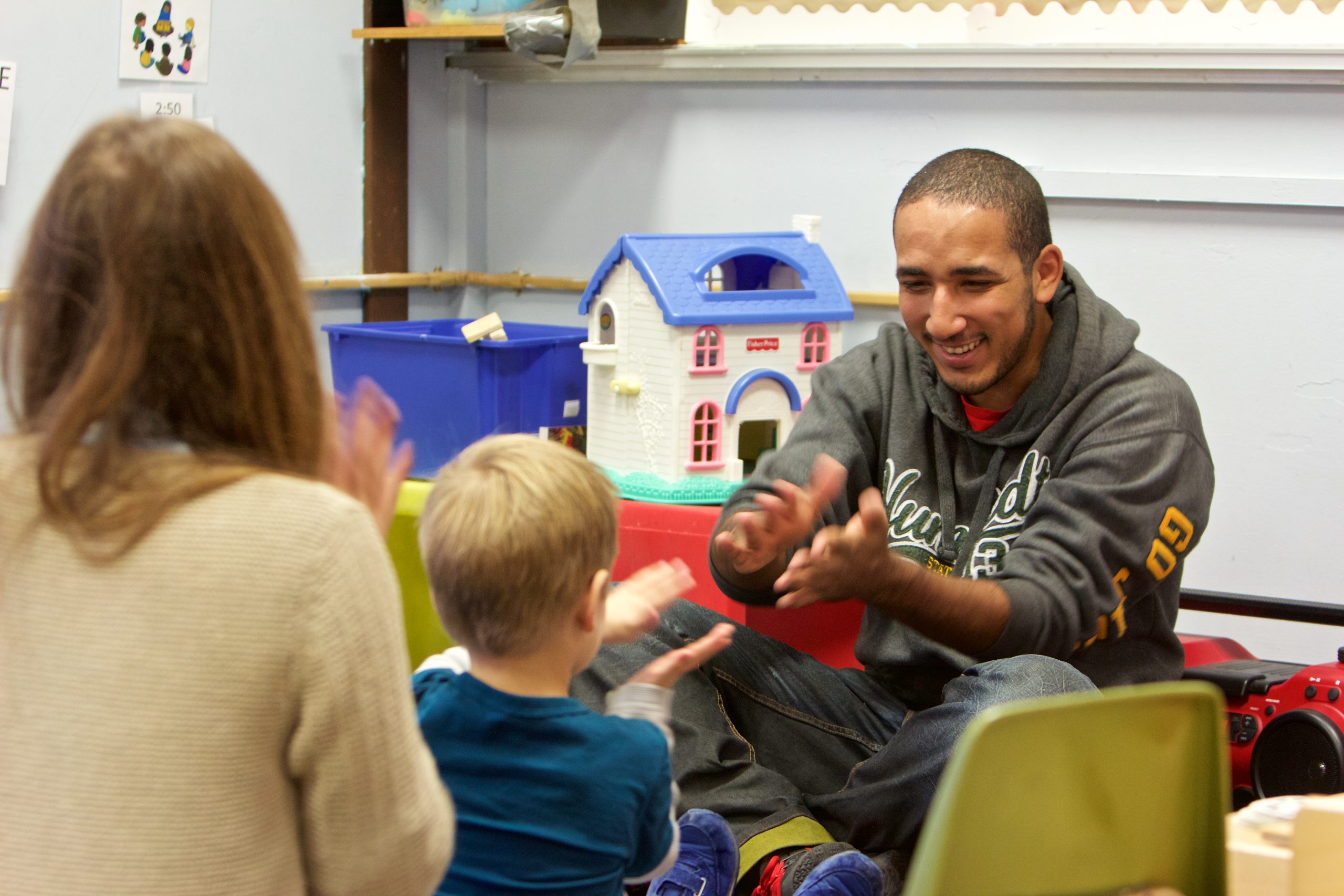Reflective practice is a cornerstone in the field of special education, fostering a culture of continuous improvement among educators and professionals. This article explores the importance of reflective practice in special education, delving into methods through which educational practitioners continually assess, analyze, and refine their approaches to better serve students with diverse needs.

The Significance of Reflective Practice:
Reflective practice in special education involves a deliberate and thoughtful examination of one’s teaching methods, decision-making processes, and interactions with students. This introspective approach allows educators and professionals to gain insights into the effectiveness of their strategies, identify areas for improvement, and ultimately enhance the quality of support provided to students with special needs.
Methods of Reflective Practice:
- Journaling and Self-Reflection: Educators and professionals maintain reflective journals, documenting their experiences, challenges, and successes in the classroom. Regular self-reflection prompts individuals to analyze their teaching practices, consider alternative strategies, and set goals for improvement.
- Peer Observation and Feedback: Collaborative environments are conducive to reflective practice. Educators engage in peer observation, where colleagues provide constructive feedback on teaching methods, classroom dynamics, and student interactions. This external perspective facilitates a broader understanding of one’s practices and encourages innovative approaches.
- Case Studies and Critical Incident Analysis: Examining specific cases or critical incidents in special education scenarios allows educators to delve deep into the nuances of their decision-making. By analyzing these instances, professionals can identify effective strategies, areas for improvement, and alternative interventions for future use.
- Professional Learning Communities (PLCs): Participating in PLCs allows educators and professionals to engage in collective reflection. These communities provide a platform for sharing experiences, discussing challenges, and collaboratively developing solutions. The diversity of perspectives within PLCs enriches the reflective process.
- Action Research: Action research involves educators conducting systematic inquiries into their own practices. By formulating research questions, collecting data, and analyzing outcomes, professionals gain a deeper understanding of the impact of their strategies, leading to informed decision-making and continuous improvement.
- Student Feedback and Involvement: Integrating student feedback into reflective practices is vital. Surveys, interviews, and discussions with students provide valuable insights into their learning experiences. This student-centric approach empowers educators to tailor their practices to better meet the unique needs of their students.
- Professional Development and Training: Continuous learning through professional development and training opportunities is a proactive method of reflective practice. Staying informed about the latest research, methodologies, and assistive technologies ensures that educators are equipped with the tools needed to adapt and enhance their practices.

Benefits of Reflective Practice in Special Education:
- Enhanced Student Outcomes: By continually reflecting on and refining their practices, educators can adapt teaching methods to better meet the individual needs of students, leading to improved learning outcomes.
- Personal and Professional Growth: Reflective practice fosters personal and professional growth by encouraging educators to identify areas for improvement, set goals, and continuously refine their skills and approaches.
- Increased Self-Awareness: Through reflection, educators gain a deeper understanding of their own beliefs, biases, and teaching styles. This self-awareness enables more intentional and student-focused decision-making.
- Cultivation of a Learning Culture: Institutions that embrace reflective practice cultivate a culture of continuous learning and improvement. This collaborative environment supports educators in their efforts to adapt to evolving educational landscapes.
Conclusion:
In conclusion, reflective practice in special education is a dynamic and transformative approach that empowers educators and professionals to continually assess, adapt, and enhance their practices. By utilizing methods such as journaling, peer observation, case studies, and action research, educational practitioners can create an environment where the focus remains on improving outcomes and providing the best possible support for students with diverse needs.




